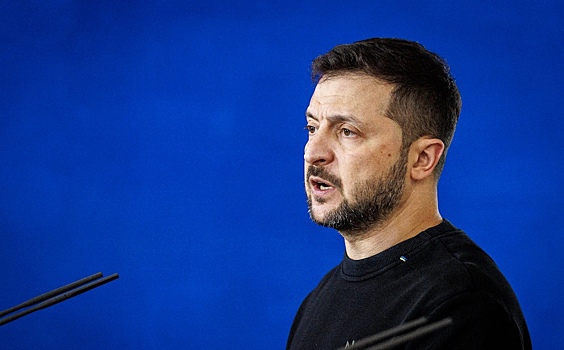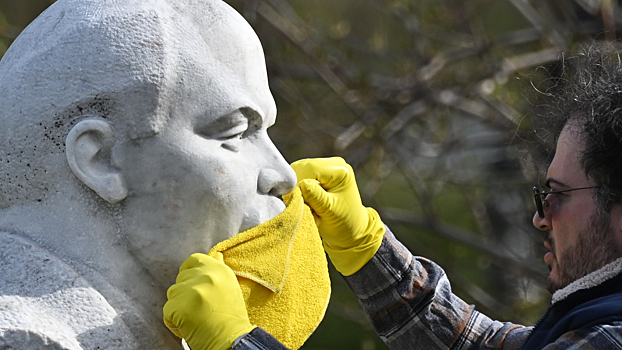What is the fastest and most effective way to alleviate headaches in the elderly?
Today I will share with you the fastest and most effective ways to relieve headaches in elderly people. If by chance it can solve the problem you are currently facing, don't forget to follow this site. Let's begin now! What to do for elderly people with headaches Headaches in elderly people are a common problem among those who are aging. What should be done for elderly people with headaches? Below, I will provide a detailed introduction to the treatment methods for headaches in elderly people. Welcome everyone to read!
First, what should elderly people do if they have frequent headaches? Many people have experienced or are currently suffering from the torment of headaches. If headaches are not treated timely, they may lead to serious consequences. Headaches can also be a warning sign of cardiovascular and cerebrovascular diseases, so elderly people, in particular, should pay attention to avoiding the harm caused by headaches. So, are there any good methods to relieve frequent headaches in elderly people?
Elderly people belong to the vulnerable group. As one reaches this age, the body's resistance gradually decreases, making it easier for various diseases to occur. For example, headaches are a common problem. Experiencing headaches not only makes the body uncomfortable but also affects normal life. So, what are some good ways to treat frequent headaches in the elderly? At this time, it may be helpful to soak hands in hot ginger water, as it can alleviate the symptoms of a headache.
Someone has statistics that show the incidence rate of migraines in people over the age of 65 is 7% for males and 12% for females. During an episode, there is often pulsating headache accompanied by nausea, sensitivity to light, and sensitivity to sound. The triggering factors are mostly stress, alcohol consumption, and irregular lifestyle, which can affect the frequency of migraines.
Most headaches are caused by dysfunction in the internal and external carotid arteries and other brain blood vessels, leading to congestion, swelling, and nerve compression. Therefore, reducing cerebral vascular congestion can provide relief. One can take a basin and fill it with warm water. The water temperature should not be too hot. Then, immerse both hands and wrists completely in the water for about half an hour. During the soaking process, continuously add hot water to maintain the temperature. This can cause dilation of the blood vessels in the hands and reduce blood flow in the brain vessels, gradually alleviating the headache, especially suitable for migraines. If conditions allow, a few slices of ginger can be added to the hot water to stimulate blood vessel dilation and accelerate blood circulation. For persistent headaches, it is recommended to persist with this method, 2-3 times a day, for half an hour each time. If it is not suitable to soak the hands, a hot water bottle can be used to warm the hands, which can also provide some relief.
2. Migraine triggers Here is an introduction to the triggers of migraines. Migraines can be prevented. 1. Psychological factors: such as worry, anger, tension, anxiety, or excessive sadness. 2. External physical stimuli: such as bright light, noise, odors, patterns, etc. 3. Dietary factors: hunger or late meals, types of food (see below "avoid alcohol, eat less"), lack of trace elements, etc.
4. Climate change: such as intense sunlight, strong winds, cold stimulation, etc. In addition, lack of sleep, head injuries, inappropriate household activities, excessive fatigue, menstrual cycle in women, and use of contraceptives are also common causes. 5. Rare triggers: high fever; excessive sleep; high altitude areas; excessive vitamin A intake; medications such as nitroglycerin, histamine, blood pressure-lowering drugs, hydralazine, estrogen; discontinuation of cortisone; cold food; abnormal reading and exposure to light; stimulating smells, spices, organic solvents; fluorescent lights; allergic reactions.
3. Pain relief techniques: 1. When experiencing a headache, try placing a hot compress on the neck and an ice pack on the forehead. Cold and hot stimulation can effectively alleviate muscle tension and reduce pain. 2. High blood pressure can cause or worsen migraine attacks, which is especially important for elderly patients. If necessary, treatment for migraines combined with blood pressure lowering treatment is required.
3. Rub the temples. Every morning after waking up and before going to bed at night, use the middle finger of both hands to rub the temples in a circular motion. Start by rubbing clockwise for seven to eight circles, then rub counterclockwise for seven to eight circles. Repeat several times for several consecutive days, and migraines can be greatly relieved.
4. Comb the painful area. Place the fingertips of both hands on the most painful area of the head, and lightly and quickly comb the area like combing hair. Comb back and forth a hundred times each time, and do it before breakfast, lunch, and dinner each day to achieve the goal of pain relief. 5. Soak hands in hot water. When a migraine attack occurs, you can immerse both hands in a pot of hot water. The water temperature should be tolerable for the hands after they are submerged. Keep soaking for about half an hour to expand the blood vessels in the hands and reduce the blood flow in the brain, gradually alleviating the migraine.
6. Nasal plug with Chinese medicine. Take 15 grams each of Chuanxiong, Bai Zhi, and roasted Yuanzhi, and add 7 grams of Bingpian. Grind them into a fine powder and store in a bottle. Use a piece of cloth to wrap a small amount of the powdered medicine and plug it into the right nostril. Usually, the pain will stop after about 15 minutes of plugging.
7. Drink strong mint tea. Take 15 grams of dried mint leaves and put them into a teacup. Brew with freshly boiled water for 5 minutes, then consume. Take it once in the morning and once in the evening. It also has a certain effect in treating migraines. In daily life, older people should take good care of their health, regulate their diet, and prevent the occurrence of migraines.
Quick Relief Methods for Migraines_How to Quickly Relieve Migraines How to treat migraines in the elderly? 1. Listen to soft music Soft music has a calming effect and helps relieve migraines. 2. Use ginger to treat headaches There is an old method for treating migraines, which involves extracting ginger juice and applying it to the scalp, massaging the scalp with hands, and then using a scraper to scrape the scalp back and forth until it feels warm. This method is now common in Guangdong region.
3. Soak feet Middle-aged and elderly friends can soak their feet in warm water at night, which can promote blood circulation throughout the body and prevent headaches. 4. Cold and hot compress When a headache occurs, you can use a hot or cold compress to cover the forehead and massage the blood vessels in the temples to relieve the headache.
5. Ensure sufficient sleep. How can migraines be treated to relieve pain quickly? There are several methods to quickly relieve migraines: 1. Use your index finger to press and massage the temples to effectively alleviate headaches. 2. High blood pressure can also cause headaches, so blood pressure should be regularly checked.
3. Avoid anxious and agitated moods, maintain a positive attitude, and also prevent migraines from occurring. 4. Migraine attacks are also related to food, such as stimulating foods like tobacco, alcohol, and garlic, which can stimulate the patient's head and trigger migraines. Therefore, migraine sufferers should stay away from tobacco and alcohol, and focus on a light diet.
How to quickly and effectively relieve headaches in elderly people, that's all for the introduction. Thank you for reading this article. For more information on how to deal with headaches in elderly people quickly and effectively, please search on this website.





Leave a Reply